by Judy Endow
People generally are very pleased with themselves when they have made an accommodation for me. I know this because they proudly announce it! In turn, I have learned to say thank you when people announce their thoughtfulness at making an accommodation for me. I truly am thankful because it allows me a fuller participation in the events going on around me. It also makes me smile because I have been making accommodations for people my whole life and it has never occurred to me to announce it!
The fact is that autistics are required to make numerous accommodations every day they are among other people. This is because the world is not set up in a neurologically friendly way to autistics. We live in a very fast paced world where speed in understanding and responding to people is expected. We also have much information constantly being delivered over numerous electronic devices. We expect everything to happen instantly!
For the most part this isn’t a good match for people with autism because we generally have a “too much” experience of the world due to the way our sensory system takes in information from the world around this. Once that information “arrives” it is then, for many autistics, processed differently. A common result of our difference is referred to as a processing delay. This means it takes more time for us to process and respond. Not only is this is a huge disadvantage in our fast paced world of instant expectation, but one unspoken assumption is that I will accommodate for my differences and act “appropriately,” i.e. act as a neuro majority person acts.
It takes time and energy to accommodate another person regardless if you are the person with autism or the person without autism. Based on years of observation of numerous autistics, myself included, I can see autistics pay a much higher cost for the accommodations they must make as compared to the neuro majority person. Part of the reason is the sheer volume of accommodations an autistic is required to make each day compared to others. The really funny part of this is that autistics rarely are in any way acknowledged for the heavy burden of accommodations they must make just to survive in this world while others are thought to be the people making the accommodations! Furthermore, I am expected to make accommodations for you while you have the option to choose when, if, and how often you will make accommodations for me.
This differential is a result of assigning the measure of normal to the experience of the majority of the people. Even though I make considerably more accommodations for you than you make for me, because your experience of the world is considered the norm and my experience the deviation it is the understanding of the majority that I need you to accommodate me and this is true. However, nobody notices all the accommodating other autistics and I have done all our lives!
Another funny thing about this whole accommodation situation is that when you accommodate me, even if you do not announce it, everybody considers you to be a really good person for making accommodations for an autistic. For you, making accommodations is not only optional, but when you do so you are considered a good person.
For me, making accommodations is not optional. Because your ways are considered the norm I am expected to do whatever I need to fit into this norm. For me, making accommodations for you is not optional. It is expected and therefore, no credit given. In fact, the only time people notice me in regard to accommodations I make for them is when I neglect to make them! When I cannot or do not make accommodations for you something is considered to be wrong with me.
The double standard is that you are known as a good person for the accommodations you make for me while I can only be known as a bad person when I fail at making an accommodation for you. And just like you will not be thought of as a bad person when you fail to make an accommodation for me, I will never be thought of as a good person when I do make accommodations for you – at least this hasn’t yet happened in my life even though I have made considerably more accommodations over the years for neuromajority people than they will likely ever make for me!
BOOKS AND DVD BY JUDY ENDOW
Endow, J. (2012). Learning the Hidden Curriculum: The Odyssey of One Autistic Adult. Shawnee Mission, KS: AAPC Publishing.
Endow, J. (2006). Making Lemonade: Hints for Autism’s Helpers. Cambridge, WI: CBR Press.
Endow, J. (2013). Painted Words: Aspects of Autism Translated. Cambridge, WI: CBR Press.
Endow, J. (2009a). Paper Words: Discovering and Living With My Autism. Shawnee Mission, KS: AAPC Publishing.
Endow, J. (2009b). The Power of Words: How we think about people with autism spectrum disorders matters! Shawnee Mission, KS: AAPC Publishing.
Endow, J. (2009c). Outsmarting Explosive Behavior: A Visual System of Support and Intervention for Individuals With Autism Spectrum Disorders. Shawnee Mission, KS: AAPC Publishing.
Endow, J. (2010). Practical Solutions for Stabilizing Students With Classic Autism to Be Ready to Learn: Getting to Go. Shawnee Mission, KS: AAPC Publishing.
Myles, B. S., Endow, J., & Mayfield, M. (2013). The Hidden Curriculum of Getting and Keeping a Job: Navigating the Social Landscape of Employment. Shawnee Mission, KS: AAPC Publishing.

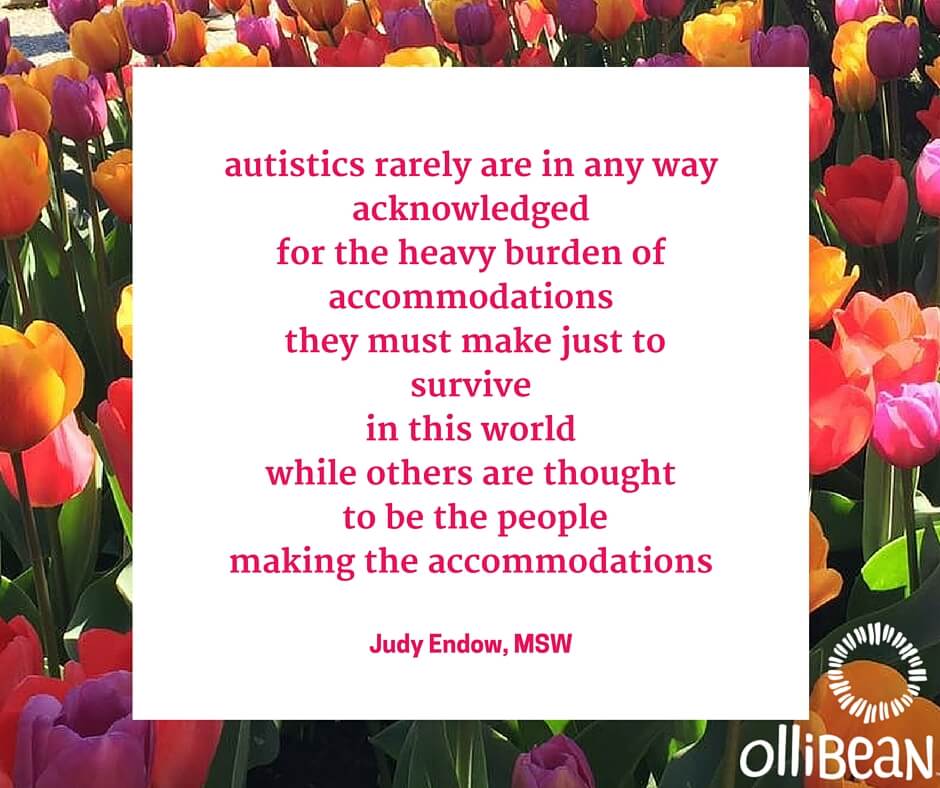
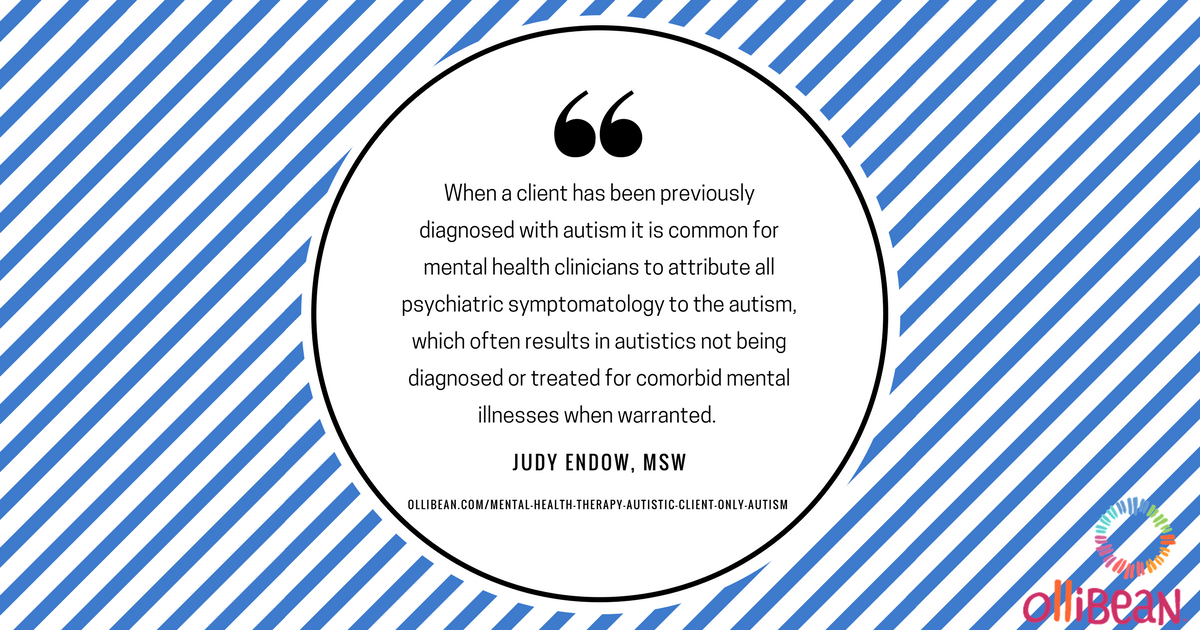
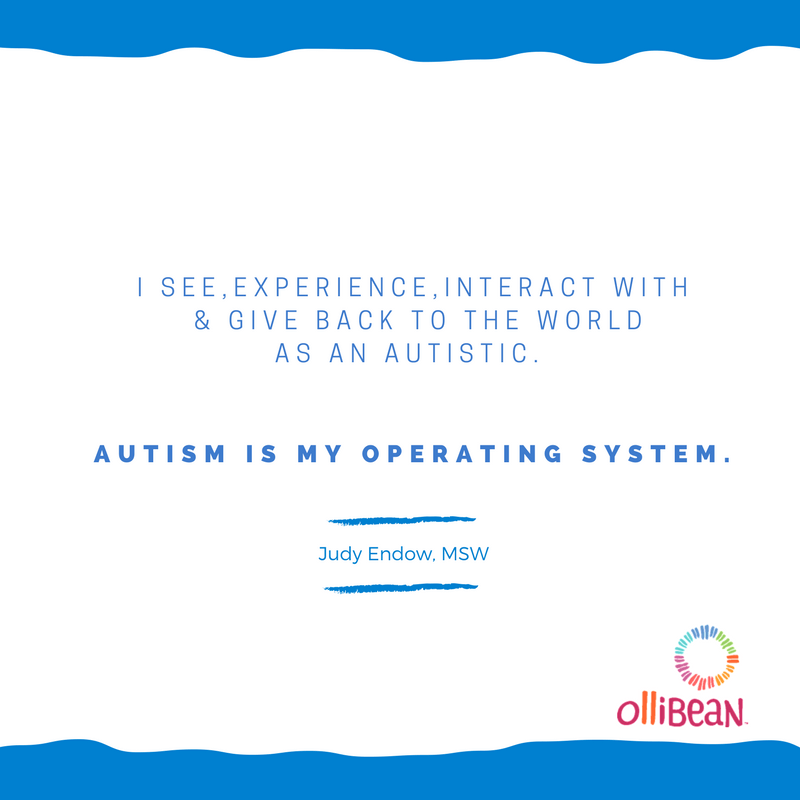
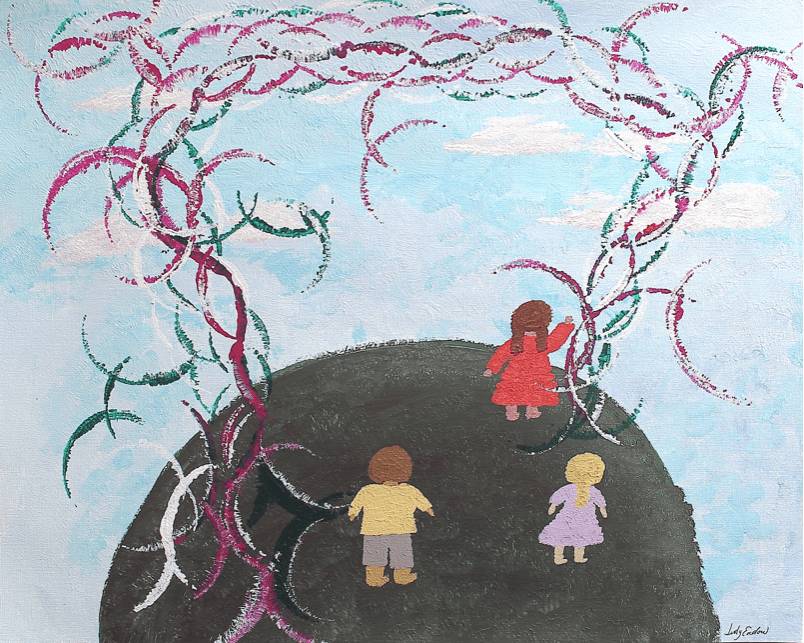
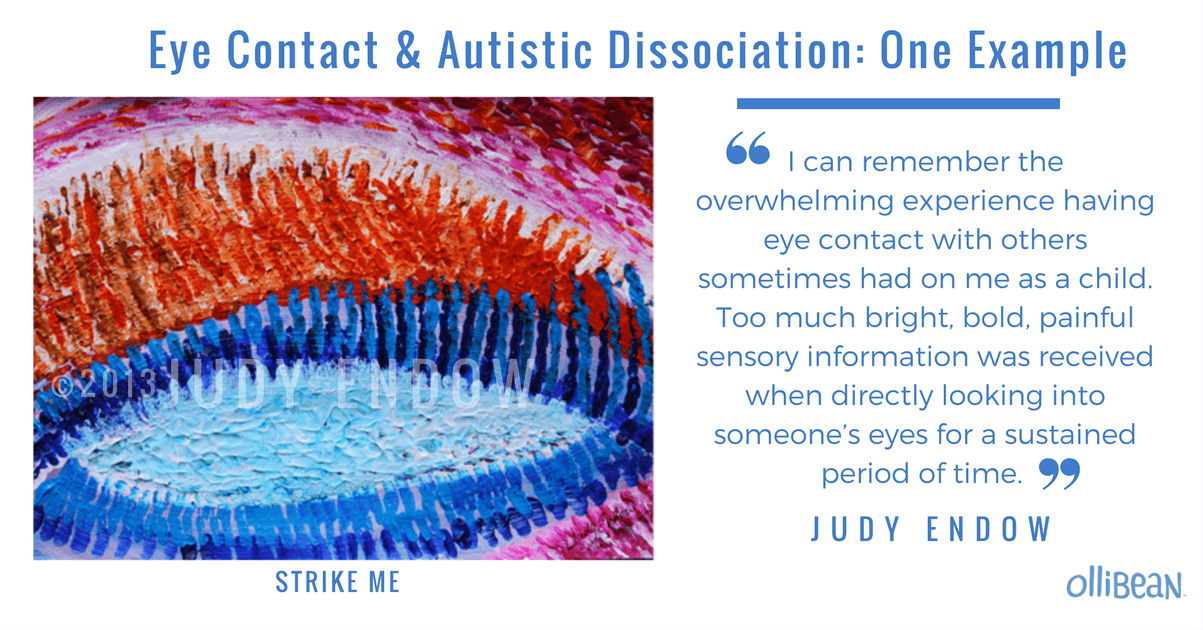

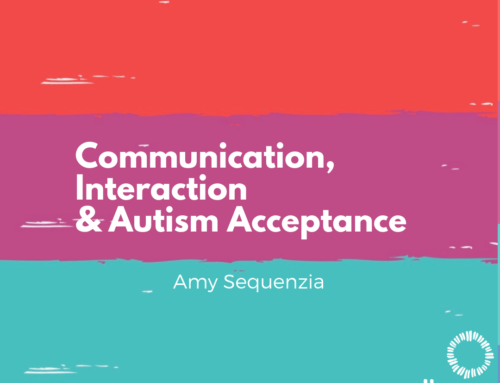
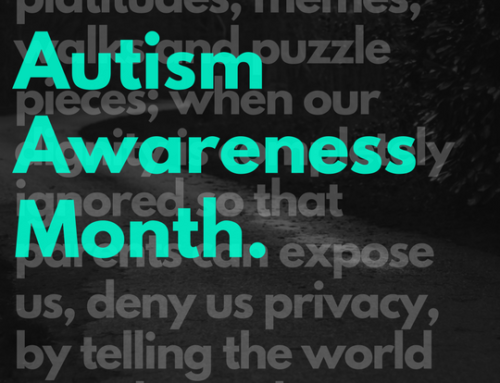
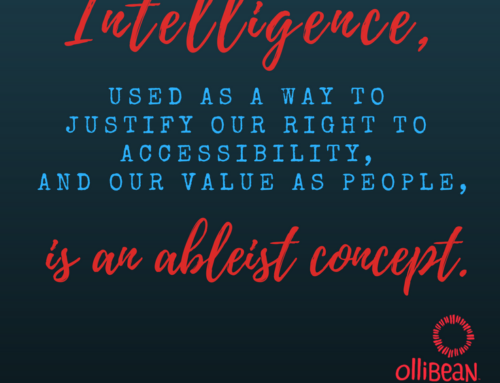
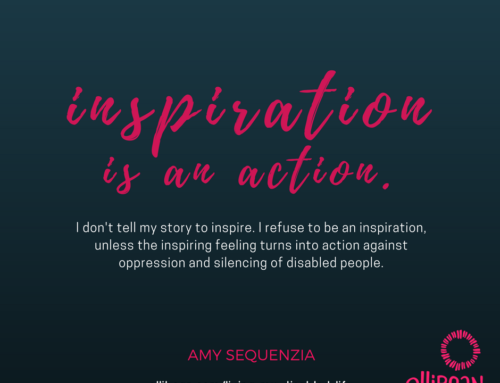
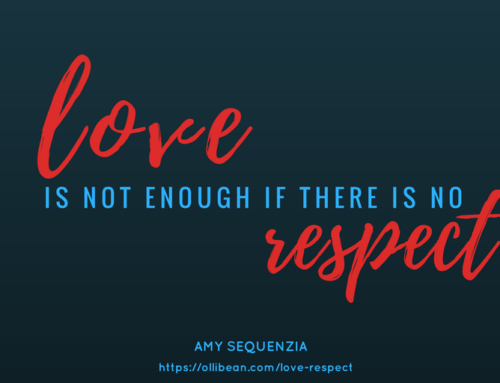
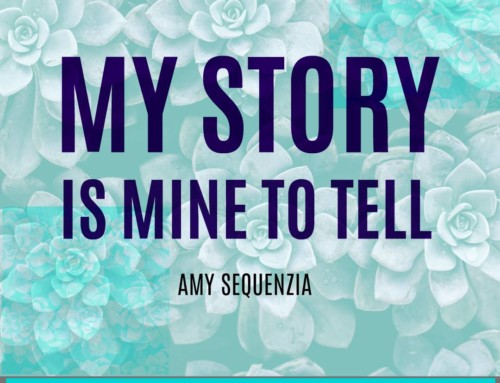
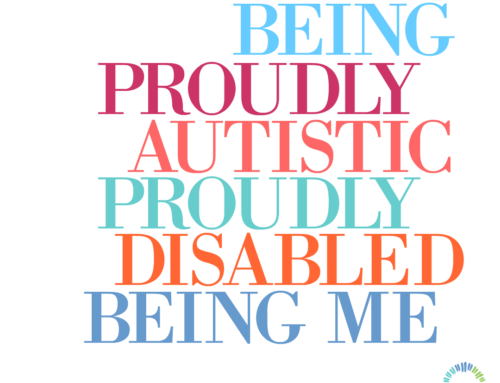
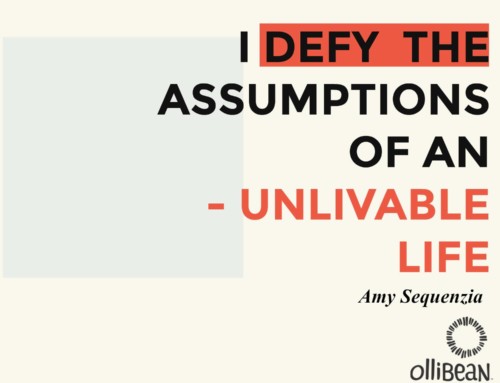

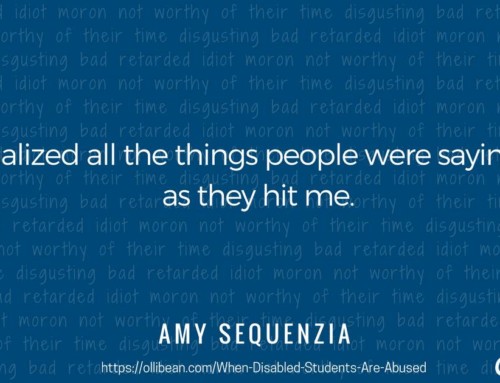

Leave A Comment